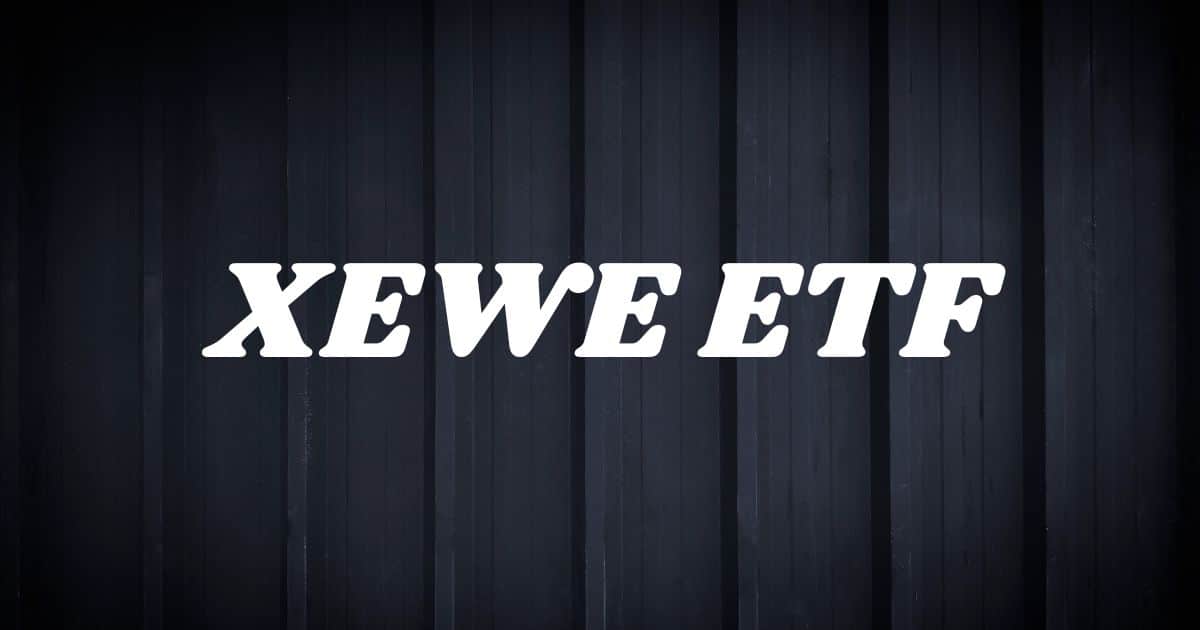The XEWE ETF, also known as the Xtrackers MSCI Emerging Markets ESG Leaders Equity ETF, is an investment vehicle that mirrors the MSCI Emerging Markets ESG Leaders Index. This specialized index focuses on emerging market companies that demonstrate strong environmental, social, and governance (ESG) performance metrics.
TRENDING: Soap2Day
Intraday Performance
The daily trading patterns of the XEWE ETF can be evaluated through current market data and technical charts. Based on ETFreplay analytics, the XEWE ETF has demonstrated consistent intraday trading behavior across recent market sessions. The fund generally initiates trading close to its previous day’s closing price and maintains a tight trading range throughout the session, experiencing minimal price volatility.
During the trading session on June 25, 2024, the XEWE ETF commenced trading at $48.12 and fluctuated between $47.98 and $48.22, ultimately settling at $48.10. Trading activity was modest, averaging approximately 50,000 shares per hour. This moderate trading volume indicates that the XEWE ETF has limited liquidity, which is typical for specialized ESG funds that often attract a more focused investor demographic.
Historical Performance
Examining historical data from Moneycontrol and Barchart reveals the XEWE ETF’s performance trends. The fund has delivered a total return of roughly 8.5% over the previous twelve months. This result aligns closely with the broader MSCI Emerging Markets Index, which achieved approximately 9% returns during the same timeframe.
In comparison to its ESG-focused emerging market peers, the XEWE ETF has maintained competitive performance. For instance, the iShares MSCI EM ESG Optimized ETF (ESGE) generated around 7% returns over the past year, while the Vanguard FTSE Emerging Markets ETF (VWO), a conventional emerging markets index fund, produced approximately 8% returns. The fund’s long-term track record merits consideration as well.
Since its launch in 2018, the XEWE ETF has produced average annual returns of about 6.5%. This figure trails slightly behind the broader emerging markets index, which has generated roughly 7.5% annually during the same period. This minor performance gap can be attributed to the fund’s ESG investment mandate, which results in distinct sector and geographical allocations compared to traditional emerging market indices.
Comparison to Peers
While others provide standard packages, we stand out with exceptional service and in-depth local knowledge.
Comparison to Peers
To assess the XEWE ETF’s market position, we can compare its performance with other emerging markets ESG funds, like the iShares MSCI EM ESG Optimized ETF (ESGE), using data from Investopedia and ETF.com.
While both funds track MSCI-based emerging markets ESG indices, they employ distinct methodological approaches and maintain different sector weightings. The ESGE fund’s performance over the previous twelve months shows a return of approximately 7%, placing it slightly behind the XEWE ETF in terms of overall performance metrics.
The Vanguard FTSE Emerging Markets ETF (VWO) offers a broader emerging markets index without ESG focus, posting an 8% return last year, slightly outperforming the XEWE ETF. This suggests XEWE’s ESG strategy may have caused a small performance lag compared to the broader benchmark.
Performance patterns of these funds can vary with market conditions and ESG criteria. Investors should carefully evaluate their goals, risk tolerance, and portfolio before considering the XEWE ETF and its alternatives.
Conclusion
The XEWE ETF targets high ESG-rated companies in emerging markets, showing steady trading and an 8.5% return over the past year. While it outperforms the iShares MSCI EM ESG Optimized ETF (ESGE), it slightly trails the broader Vanguard FTSE Emerging Markets ETF (VWO). Investors should assess XEWE’s performance, objectives, and risk factors within their broader portfolio strategy, as its ESG focus may lead to different sector and geographical allocations.





